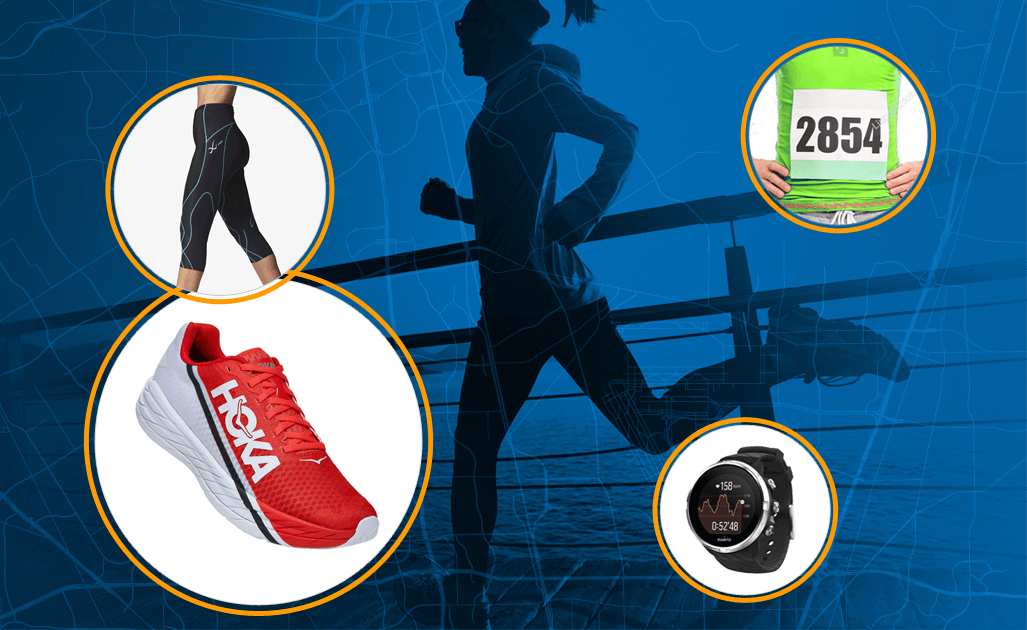Finding your ideal running shoe can be both exciting and daunting, especially when you're faced with top-notch brands like ASICS and Brooks. Both are heavy hitters in the running world, each offering shoes packed with innovative technology, comfort, and style. But how do they truly stack up against each other?
In this article, we'll break down the best-selling shoes from each brand, compare their key features—including sizing, cushioning, stability, durability, and pricing—and help you decide which shoe brand might be your best match.
ASICS: Tradition Meets Tech
ASICS, a Japanese brand established in 1949, has built its legacy around innovative technologies that support a runner's natural stride. Known for their GEL cushioning system and structured fit, ASICS appeals to runners looking for comfort, stability, and dependable performance. Their shoes tend to feel snug and secure, perfect for runners who appreciate precision and structured support.
Read more about ASICS technology here.
Brooks: Comfort and Sustainability
Founded in the U.S. in 1914, Brooks emphasizes comfort, sustainability, and user-friendly innovation. They’re known for their adaptive cushioning technologies like BioMoGo DNA and DNA LOFT, which offer personalized comfort. With a roomier fit, Brooks is a favorite among runners seeking a shoe that prioritizes natural foot movement and long-distance comfort.
Read more about Brooks technology here.
The Novablast 5 is a neutral, cushioned daily trainer designed for intermediate runners seeking a lively, versatile shoe for mid-to-long runs, tempo workouts, or casual wear, with a responsive FF Blast Max midsole for a bouncy ride.
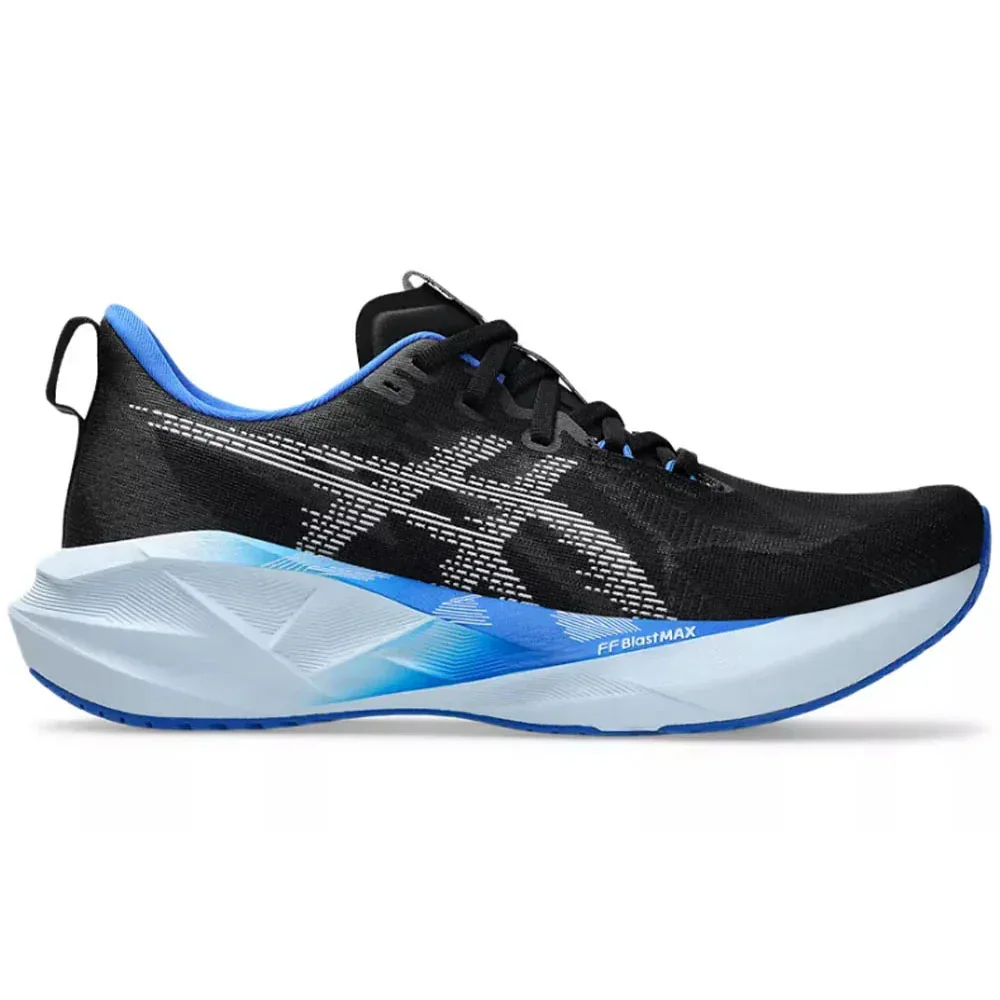
The Superblast 2 is a neutral, max-cushioned daily trainer crafted for advanced or heavier runners wanting a plush yet responsive shoe for easy runs, long runs, or tempo efforts, with a stable, energetic ride.
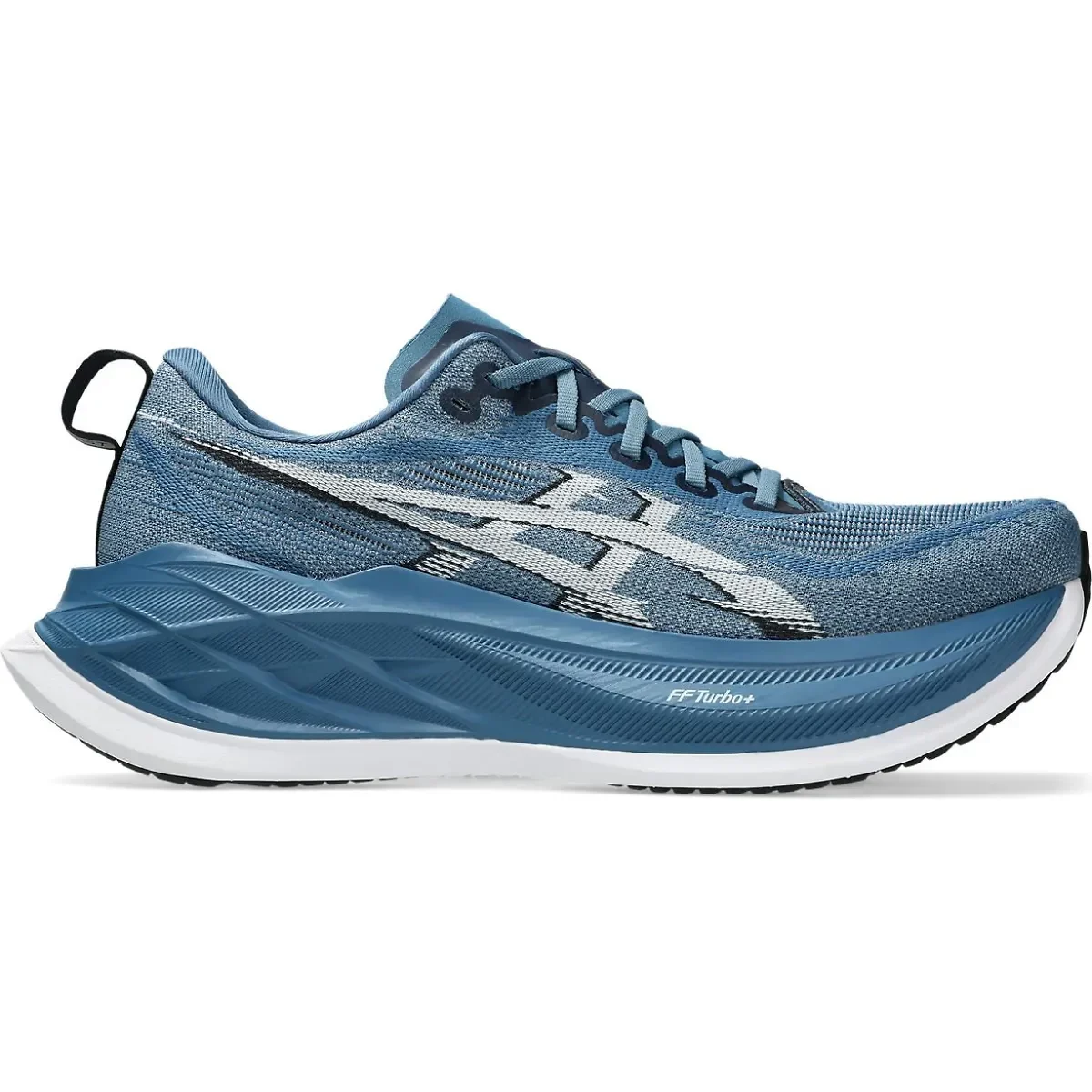
The Gel-Kayano 32 is a stability daily trainer designed for overpronating runners needing support during long, easy runs or recovery miles, offering a smooth, comfortable ride with pronation control.
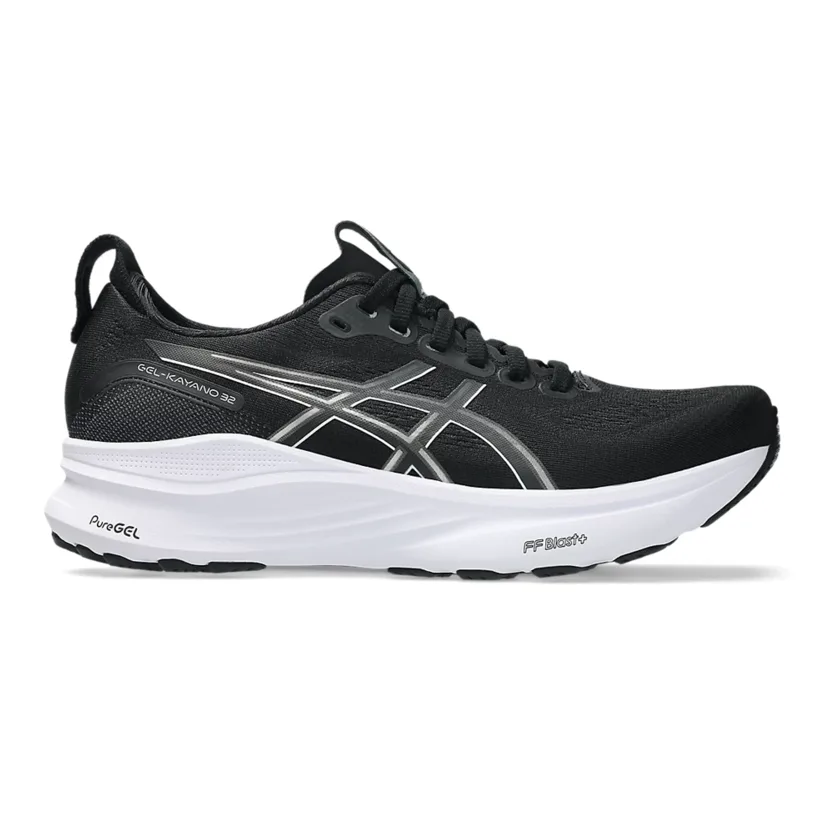
The Gel-Nimbus 27 is a neutral, highly cushioned daily trainer built for beginners or heavier runners seeking maximum comfort on easy-paced runs or recovery miles, with a soft, stable ride.
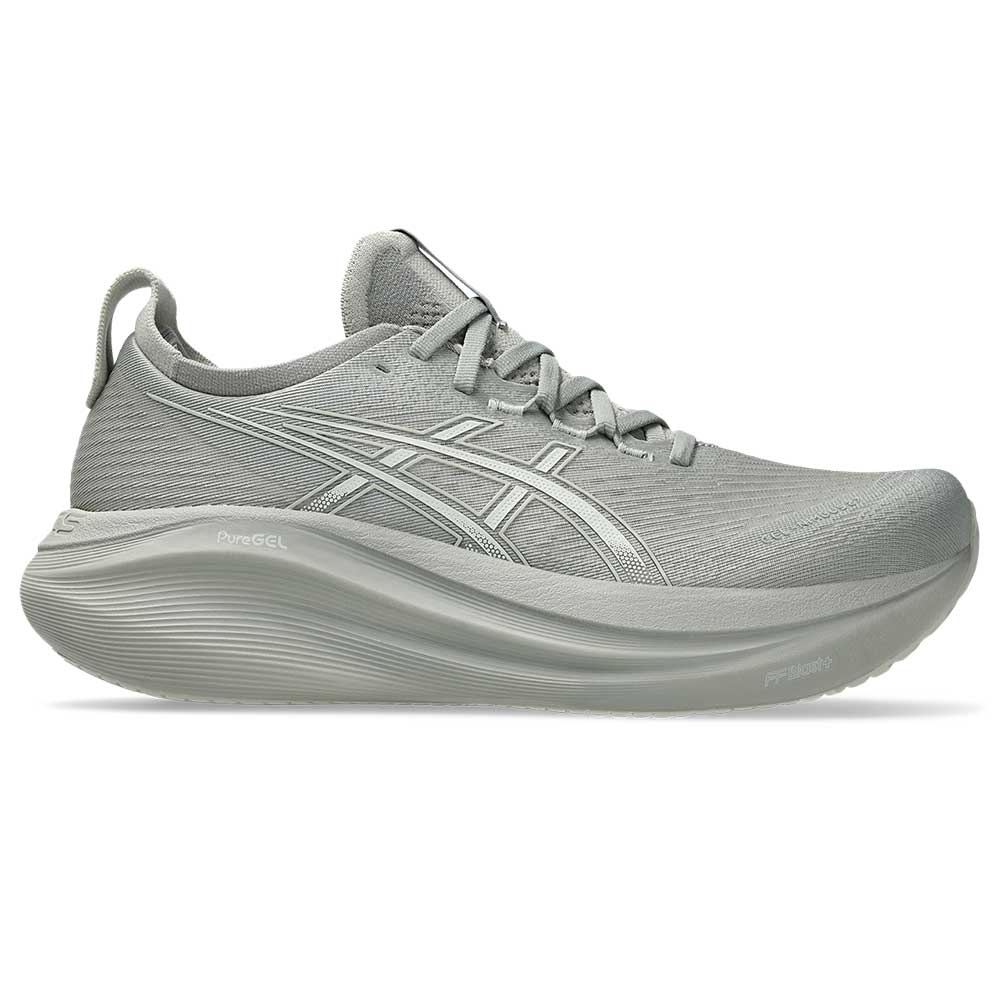
The Metaspeed Sky is a carbon-plated racing shoe designed for stride runners tackling 5K to marathon distances, offering a powerful, bouncy forefoot strike for competitive runners aiming for personal bests.
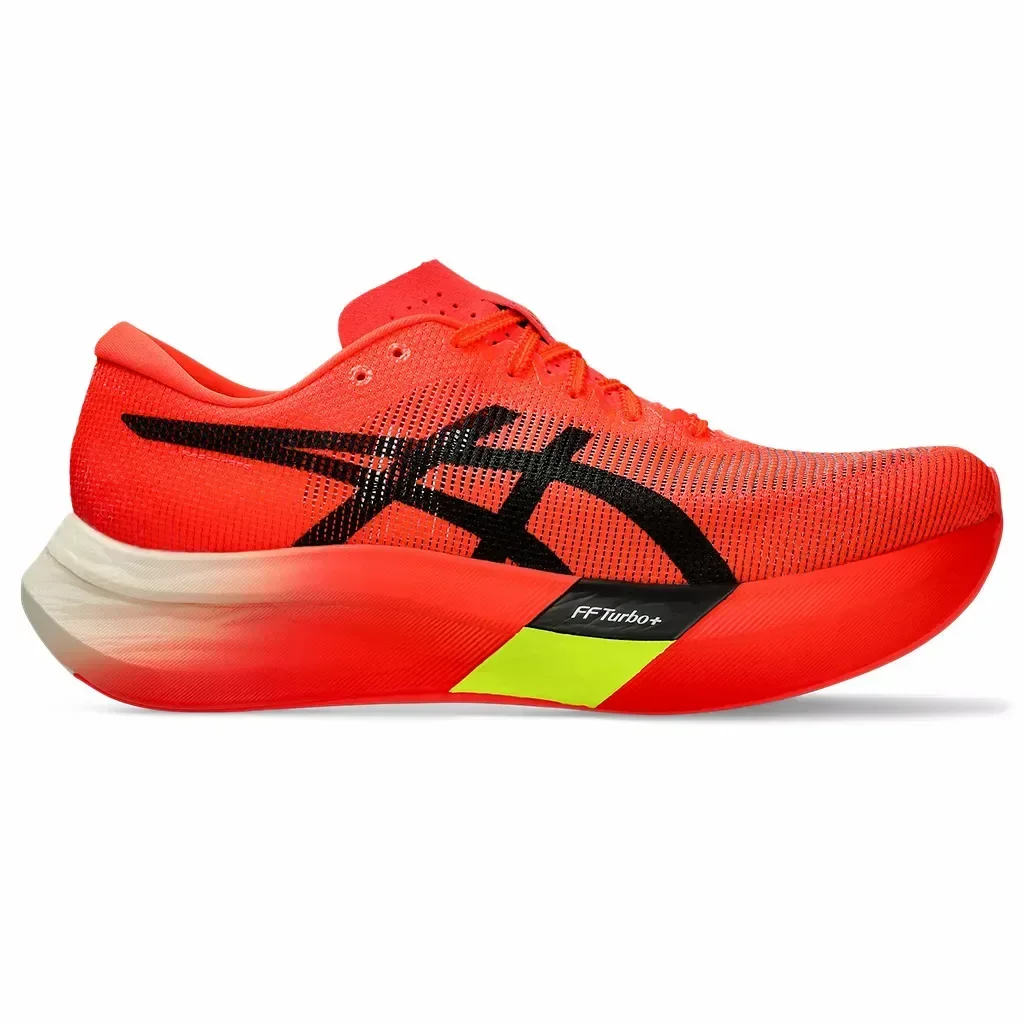
The Metaspeed Edge is a carbon-plated racing shoe tailored for cadence runners racing 5K to half marathons, extendable to marathons for some, with a quick-turnover, rolling stride for speed-focused runners.
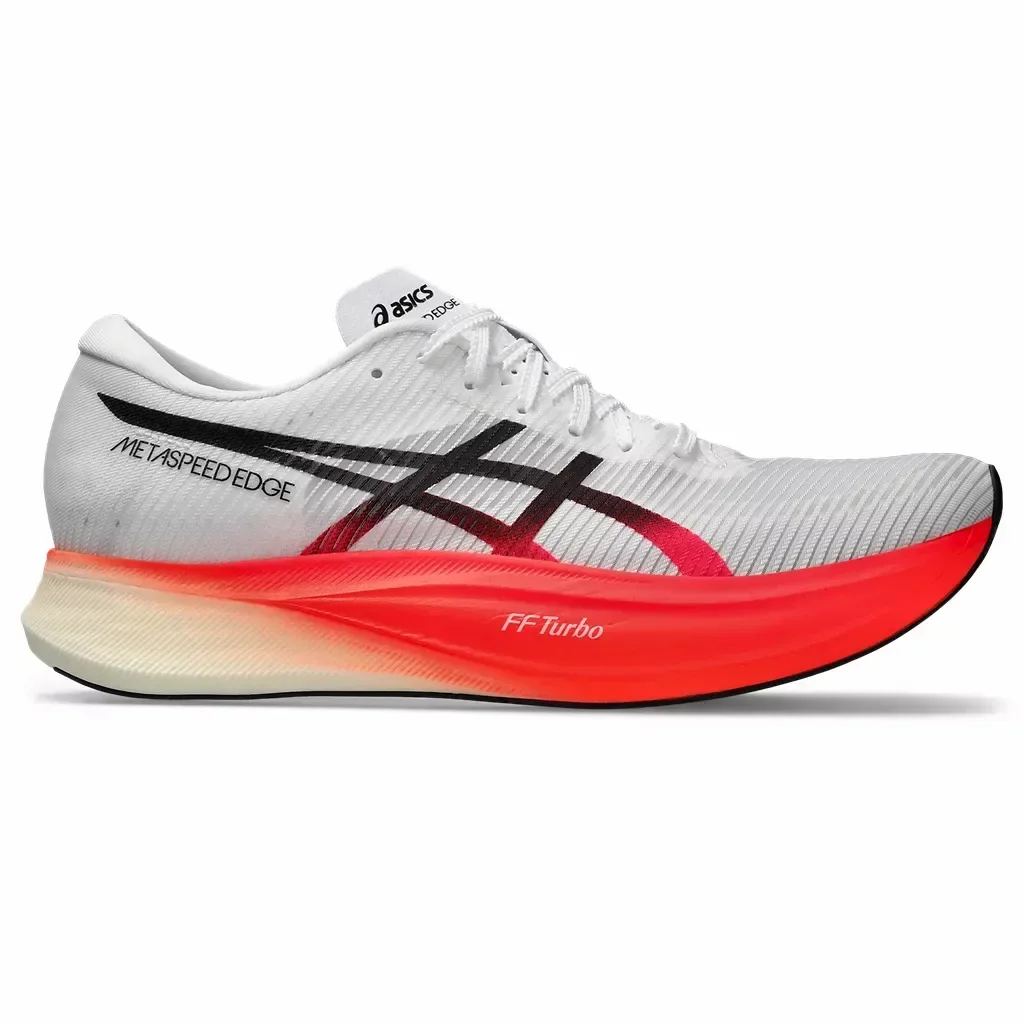
With a softer DNA LOFT v3 midsole and stable, neutral platform, the Brooks Ghost 17 offers consistent cushioning and smooth transitions. Suits runners seeking a dependable daily trainer for road miles, from easy paces to steady long runs.
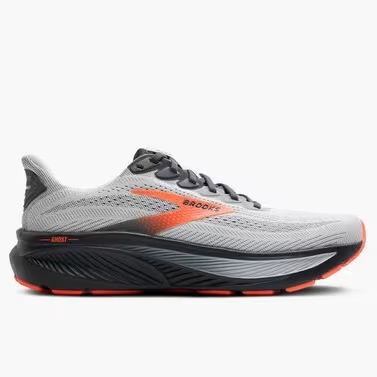
Lightweight cushioning and a responsive ride make the Launch 11 suited for uptempo runs and efficient daily training. A versatile option for those who prefer a firmer, faster feel.
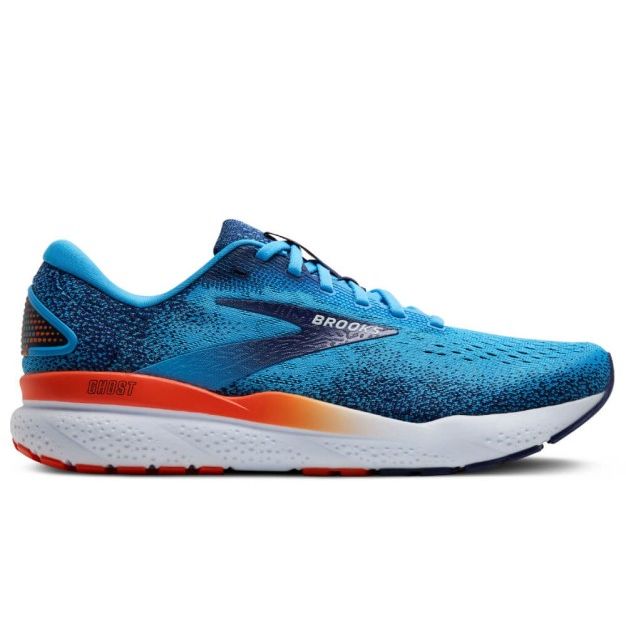
Max-cushioned DNA LOFT v3 midsole provides plush, resilient comfort with a soft, stable ride. Best for runners wanting long-distance cushioning and a premium, smooth feel underfoot.
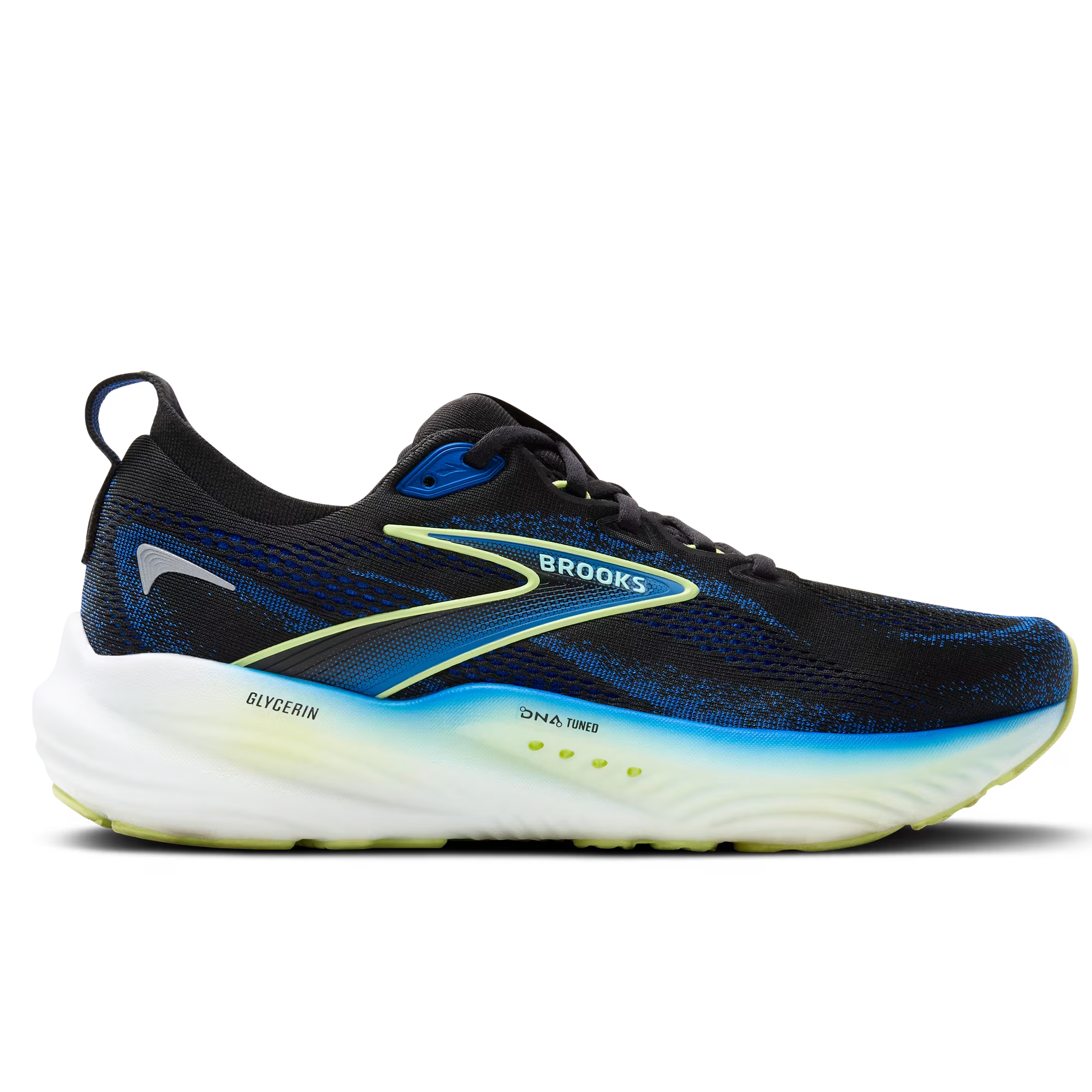
Combines DNA LOFT v2 cushioning with GuideRails® support to limit excess motion. Works well for runners who tend to overpronate needing stability without sacrificing comfort on daily road miles.
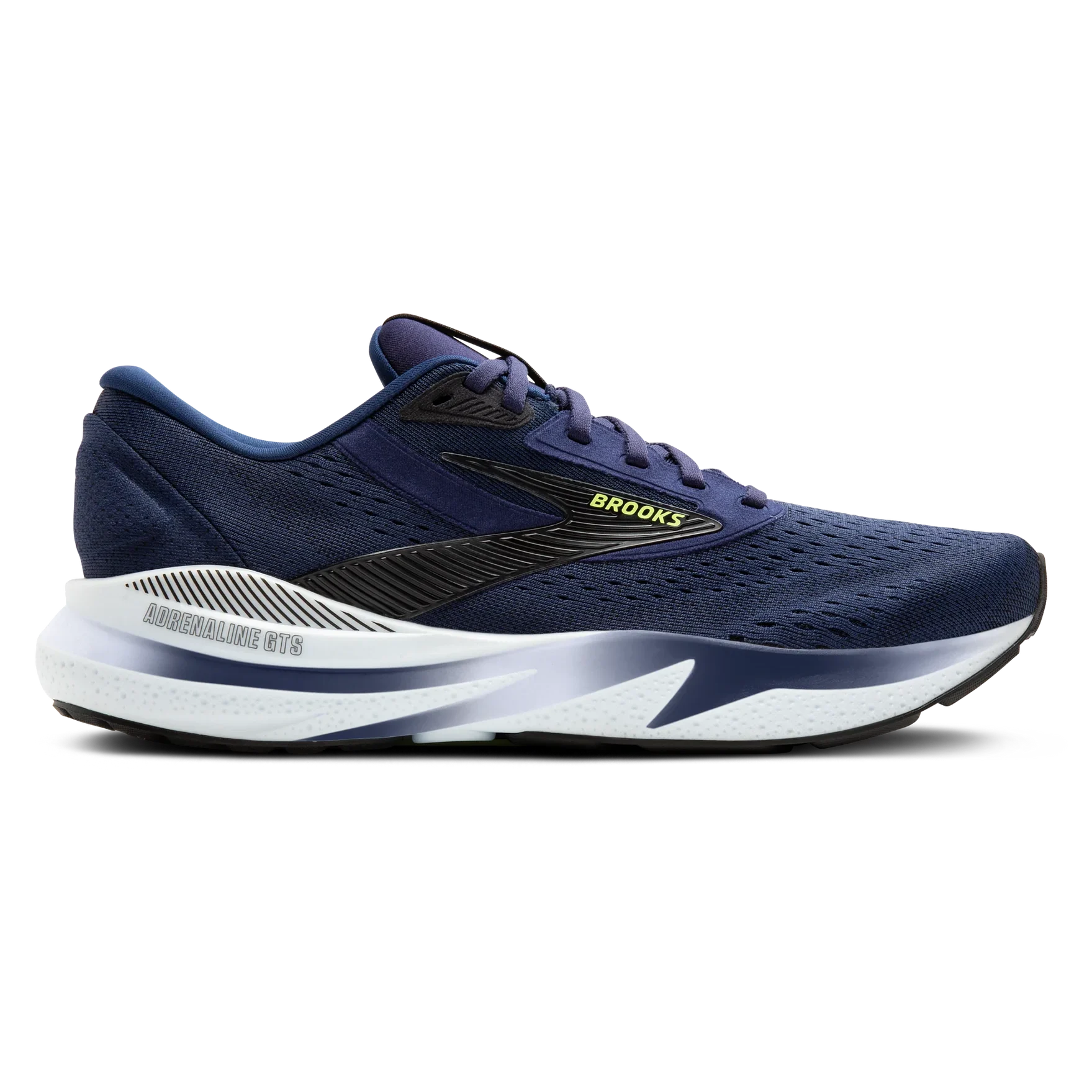
Features nitrogen-infused DNA FLASH midsole for lightweight, responsive cushioning. Ideal for speedwork, racing, and runners who want a snappy, low-profile trainer.
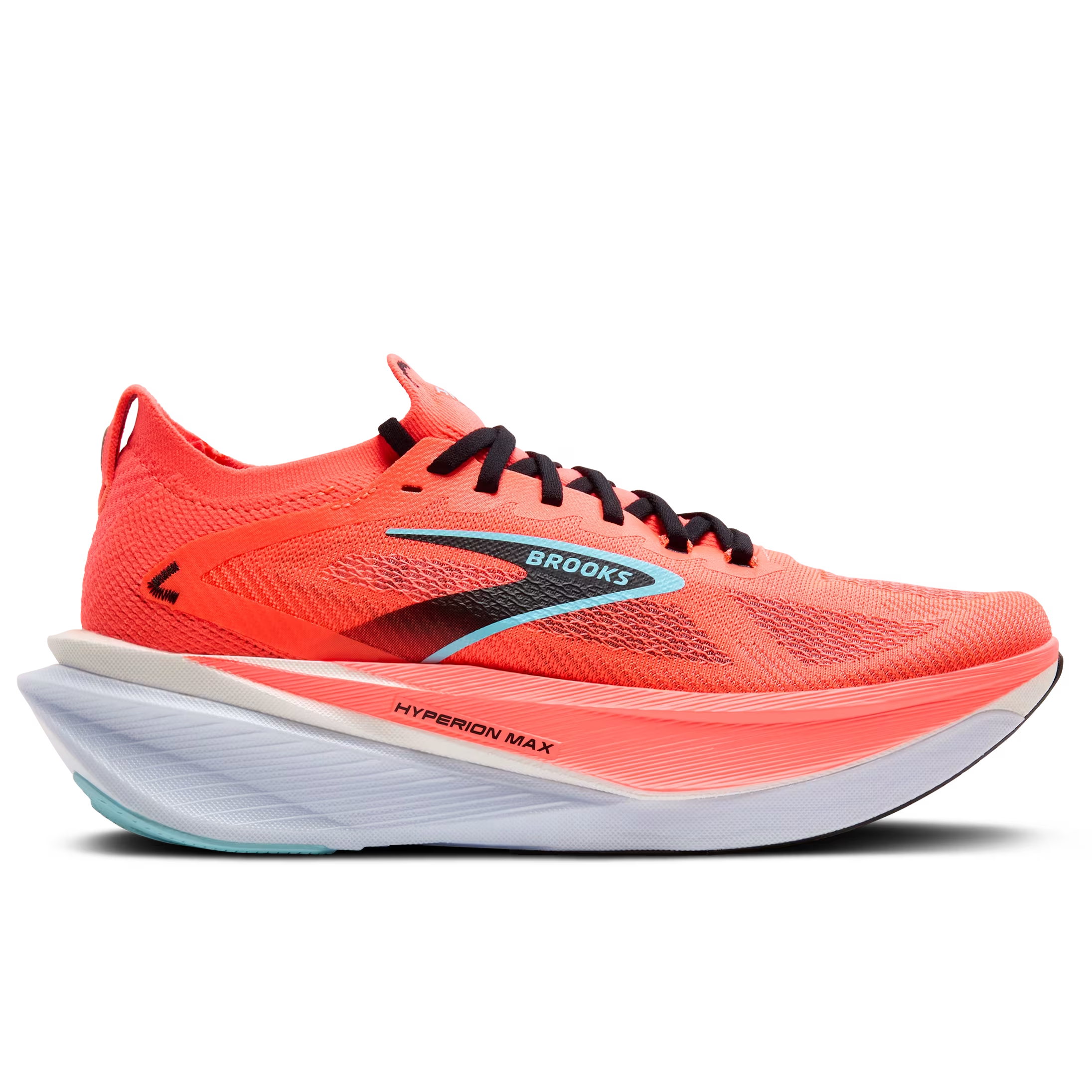
Trail-ready with a protective rock plate, adaptable outsole, and soft-yet-stable cushioning. Suited for runners tackling varied terrain and needing stability on uneven trails.
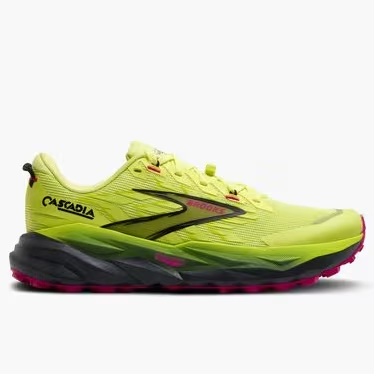
Related: Pronation and Supination: 3 Foot-Friendly Tips from a Running Expert
Both ASICS and Brooks thoughtfully design shoes that address anatomical differences between men and women. ASICS tweaks cushioning and heel structures specifically for women, while Brooks adjusts arch support and midsole firmness.
Winner: Tie—both brands show commendable commitment to gender-specific designs.
Road Running
Trail Running
Winner: Tie—each brand delivers equally strong options tailored to specific terrains.
Both brands offer models at various price points. Entry-level models provide excellent quality at budget-friendly prices, while high-end models, though pricier, offer premium features and technologies.
Winner: Tie—both brands offer good value, depending on what features matter most to you.
ASICS' AHAR (ASICS High Abrasion Rubber) outsoles are incredibly durable, specifically designed for runners logging high mileage or tackling various terrains. Brooks utilizes segmented crash pads, emphasizing smoother transitions and consistent performance, though slightly less focused explicitly on durability compared to ASICS.
Winner: ASICS edges out Brooks in pure durability.
ASICS employs their Impact Guidance System (I.G.S.) to encourage natural gait progression from heel strike to toe-off. Their shoes provide structured support, making them ideal for runners needing firm stability.
Brooks’ GuideRails technology supports knees and ankles by subtly reducing excessive movement, creating a holistic stability system without feeling overly controlling.
Winner: ASICS for structured stability; Brooks for subtle, holistic support.
Related: 9 Stability Shoes for Runners to Help Guide Your Stride
ASICS generally feature a snug, structured fit, particularly appealing if you prefer a tighter feel or have narrower feet. Brooks shoes typically provide a roomier toe box, making them great for wider feet or runners who prefer a more relaxed, natural fit.
Winner: Tie—your ideal fit depends entirely on personal preference and foot shape.
ASICS shoes famously utilize GEL technology for shock absorption, coupled with FlyteFoam for a lightweight, responsive ride. This makes them excellent for runners who appreciate structured cushioning and bounce-back.
Brooks’ BioMoGo DNA and DNA LOFT cushioning adapt to your individual stride, providing personalized comfort and exceptional softness without compromising responsiveness.
Winner: Brooks takes a slight lead if personalized comfort and adaptive cushioning are your priorities.
Your ideal shoe comes down to personal preferences, running style, and individual biomechanics:
Both brands excel in quality, innovation, and performance. The best approach? Try a pair from each brand to see what feels best on your feet. Ultimately, your perfect shoe is the one that makes running enjoyable, mile after mile.

Login to your account to leave a comment.



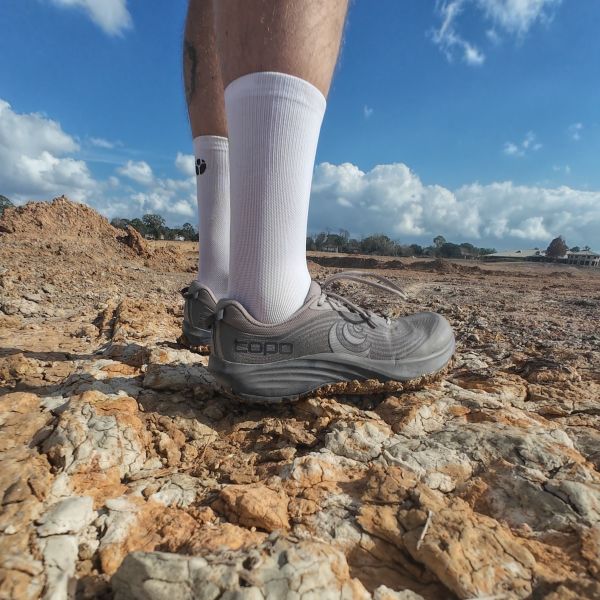

We Want to Give it to You!
